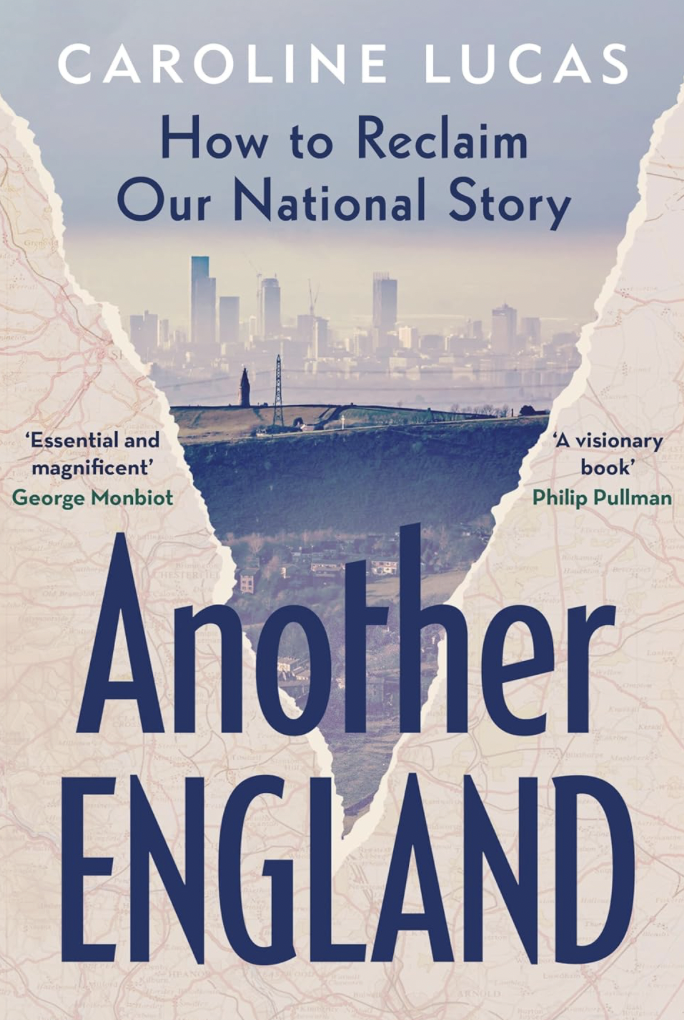This applies certainly in the present England. However, remaking Englishness is not purely a cultural effort, it requires system change in a country which is more diverse than ever and not notable for throwing off political passivity even in the face of very inadequate and unpopular governments.
Further, the reader may be tempted to wonder how well an improved version of Englishness might cross class boundaries. The word ‘progressive’ is used too freely in Another England as if it were uncontentious and perhaps even unproblematic. And neoliberal conservative values now are to be found entrenched in the leadership tiers of both of England’s largest political parties.
Centralisation
So, it can be argued that neither of the two leading parties is actually part of a ‘progressive’ England in the making, only the residue of past failures. Neither of those parties looks promising for a role in remaking Englishness to incorporate the shared diversity of England’s communities.
As Lucas argues, the UK needs a written constitution to rein in the excesses of centralisation. The courts have been forced to protect human rights against the depredations of the government. Proportional representation could transform politics at every levels, starting with an elected House of Lords. Land value taxation could replace council tax and business rates to attack concentrations of wealth.
But is an English Parliament, sitting under a UK Parliament, an appropriate part of democratising England? Regional differences in identity do exist, and were beginning to be served by regional institutions when the UK was in the EU. An English Parliament may be popular, but both Labour and Conservative parties have a long track record of ignoring public opinion on many topics.
Displaced
Having both an English Parliament and a UK Parliament does sound top-heavy before details are agreed. Perhaps the author should have considered Localisation by Colin Hines and The Breakdown of Nations by Leopold Kohr?
Without going into the theses of these works, we can agree with Caroline that London dominates England. It does this with concentrated employment, resources, and powers and in the way proximate settlements are so often commuter communities serving the capital city of the UK.
Caroline is well aware of this. But delivering powers that are noticeably changing the political experience of people throughout England means having a lot less power and resources based in London; an English Parliament, wherever situated, could be a weak echo of the centralisation already blighting our political culture.
Marginalised
I do love the idea of a culture in which the Kinks, the Beatles, and the positive examples of those who work for this country in public services and in our vast ‘third sector’ of interest groups and campaigns, small and large, is replicated by enabling institutions at the centre.
Restoration of nature and playing our part in retaining a liveable climate could well be part of a reborn Englishness which could be very popular, like the public reception to the Lionesses winning the UEFA championship in 2022.
But the unmentioned issue of rejoining the EU is, in Another England, an unresolved aspect of English nationalism. Public support for rejoin is now at over 60 per cent in polls.
Caroline explicitly recognises that ‘anglocentric British nationalism’ needs a ‘political response.’ However, it needs more than one response and I believe rejoining the EU is a critical part of defeating the far-right nationalists, whose hold on the Conservative Party fringes has only grown since 2010.
So, whatever unity might be obtainable across the political spectrum for re-empowering England, its regions and localities, the right’s values and Brexit need to be shown to be defeated, discredited and marginalised. Something for Caroline’s next book, perhaps.
This Author
Steve Dawe is a retired interdisciplinary social science lecturer. He writes for the West England Bylines and elsewhere, with strong emphases on the climate and ecological emergencies.
- SEO Powered Content & PR Distribution. Get Amplified Today.
- PlatoData.Network Vertical Generative Ai. Empower Yourself. Access Here.
- PlatoAiStream. Web3 Intelligence. Knowledge Amplified. Access Here.
- PlatoESG. Carbon, CleanTech, Energy, Environment, Solar, Waste Management. Access Here.
- PlatoHealth. Biotech and Clinical Trials Intelligence. Access Here.
- Source: https://theecologist.org/2024/may/09/another-england-possible

